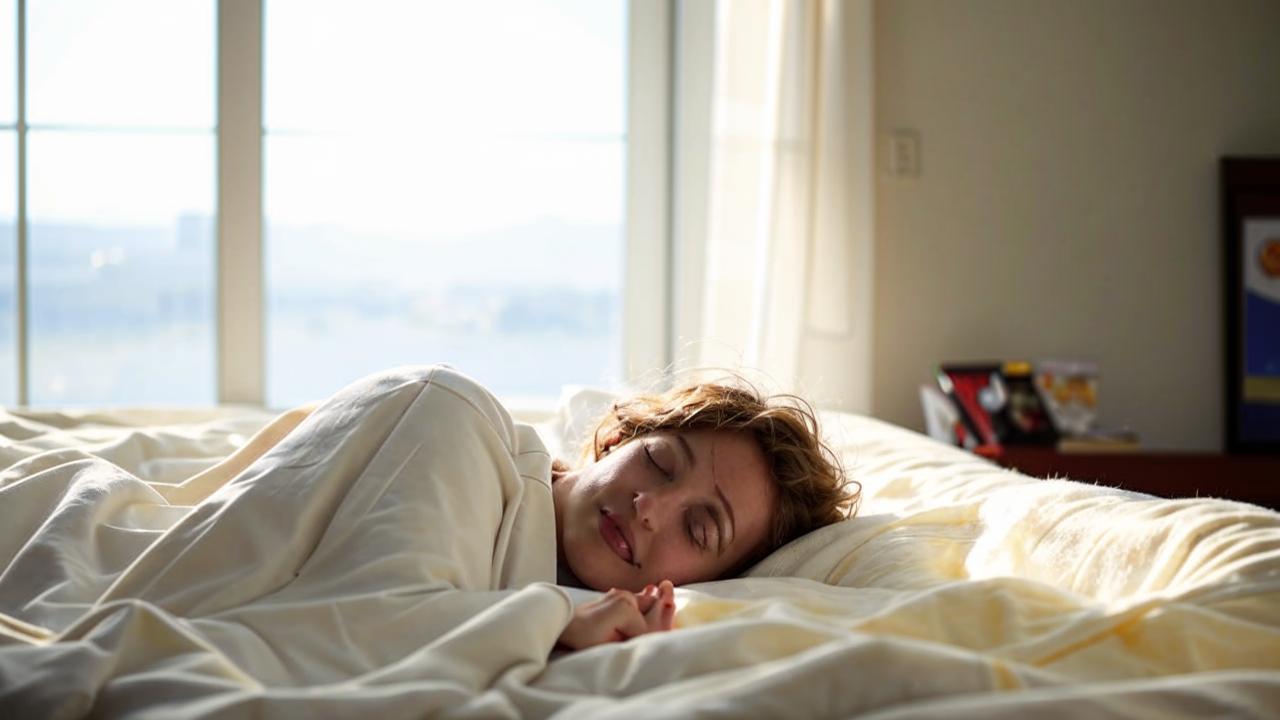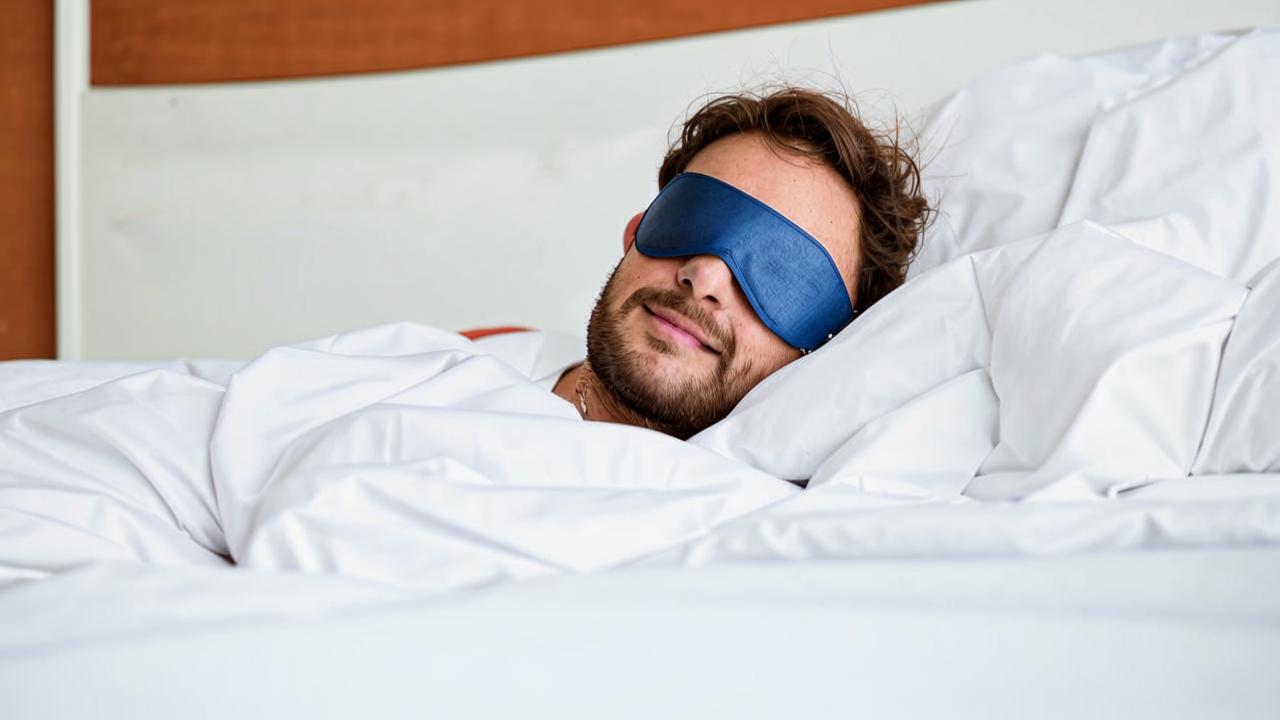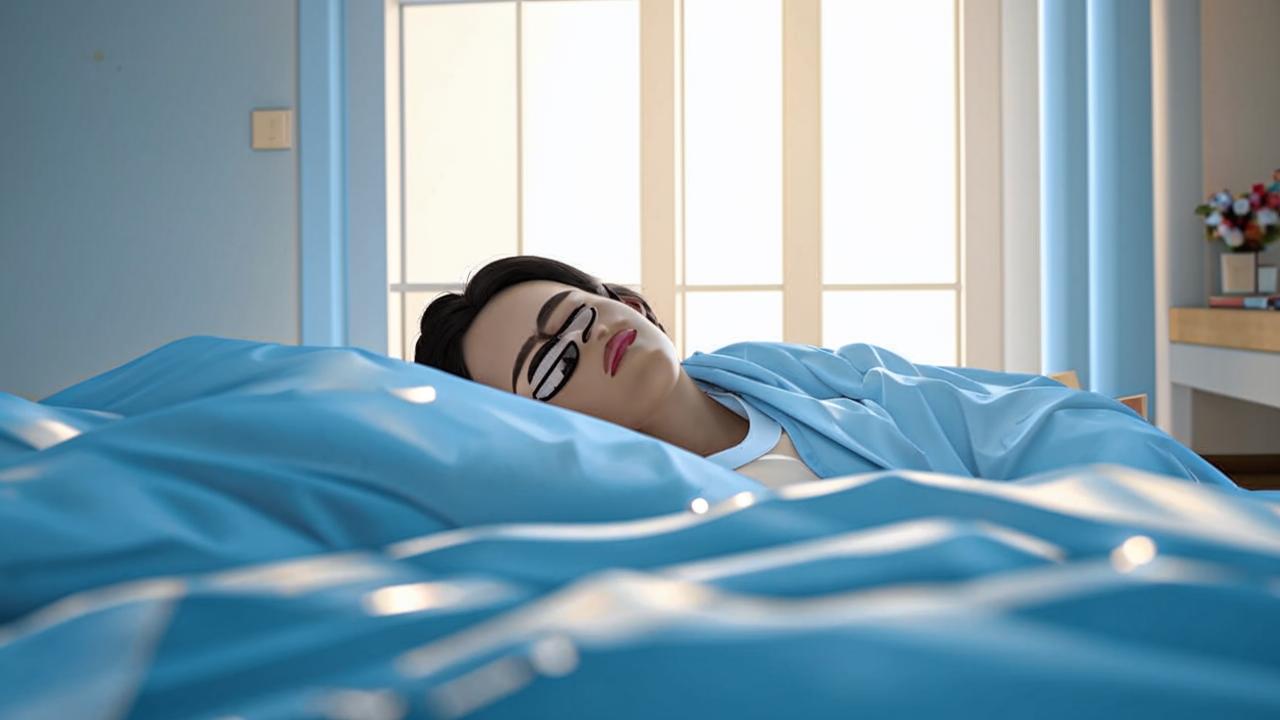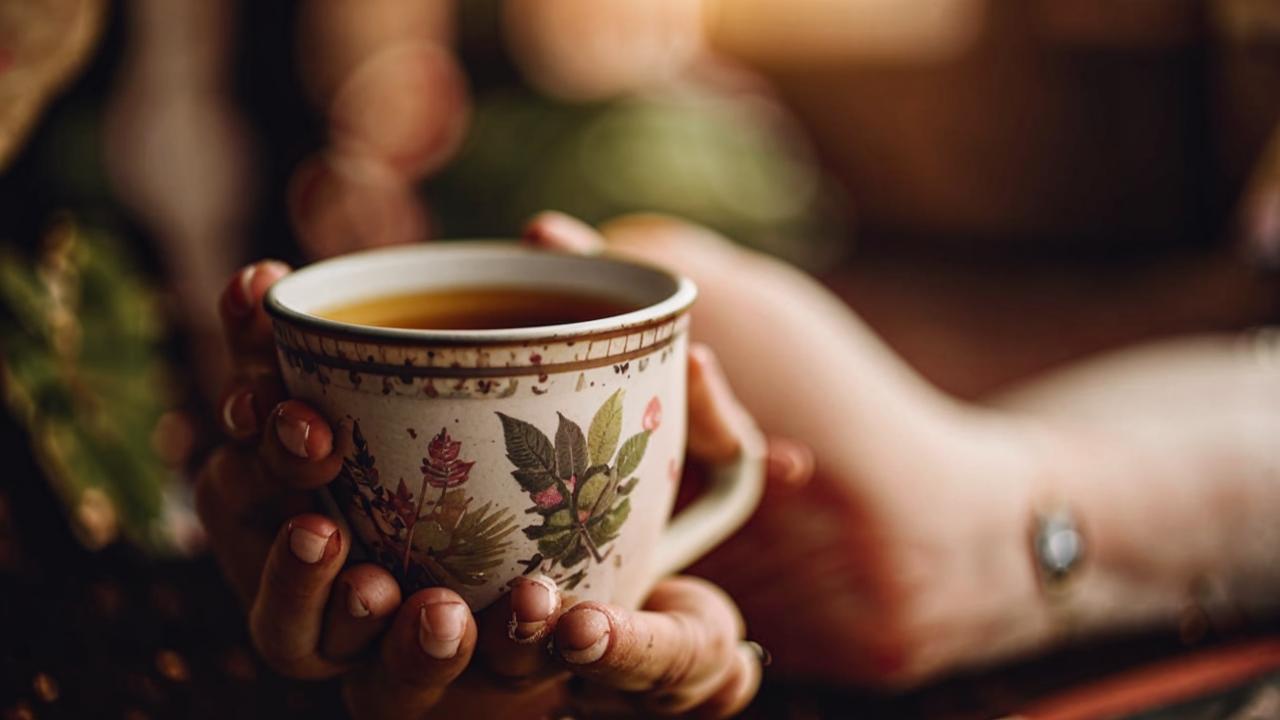
therapist at Lago-Naki health resort
Sleep – a vital necessity, it runs in cycles, and each has several phases, which total about 90 minutes (fast, slow and deep sleep). It is during the deep sleep phase that our brain rests and nerve cells (neurons) regenerate.
How to know your sleep rate
For healthy sleep, the number of hours should be calculated so that the total of the cycle is divided by 90. For example, if your age is between 18 and 65, your sleep should last seven and a half or nine hours.
During sleep, the brain processes and stores new information, cleanses itself of toxins, stimulates the immune system and the restorative processes of the entire body.
But all of these important functions can fail if we don’t get enough and proper sleep. There is a common belief that people should get at least eight hours of rest a night to stay healthy. But this is not entirely true.
Different age groups have their own daily allowance, and as we get older, we need fewer and fewer hours of sleep:
- infants 1-3 months of life – 14-17 hours;
- infants 3-11 months of life – 12-15 hours;
- babies 1-2 years old – 11-14 hrs;
- children 3-5 years old – 10-13 hrs;
- children 6-13 years old – 9-11 hrs;
- adolescents 14-17 years of age – 8-10 hrs;
- adults 18-65 years old – 7-9 hrs;
- seniors 65 and older – 7-8 hours.

If a person does not sleep for five to eight days, irreversible brain dysfunction can lead to death.
Another common misconception – that lack of sleep is very dangerous, but if you sleep more than normal, you can make up for lost time.
Yes, sleep deprivation (six or fewer hours a night) does increase the risk of mortality by 12%. But sleeping longer than your norm is even more dangerous – it provokes the risk of cardiovascular disease and pathologies of other internal organs, and mortality in the case of oversleeping increases by as much as 30%.

What affects sleep
Our body is adapted to life on Earth and has its own biological clock – these are circadian rhythms: cyclical fluctuations in the activity of internal processes that are tied to the change of day and night. In humans, the biological day lasts about 24 hours – with slight variations by gender and personal characteristics.
However, our internal clock is synchronized with the environment, and sunlight is crucial. The alternation of day and night regulates the sleep-wake cycle.
Melatonin, the hormone that regulates the sleep-wake cycle in humans and animals, is produced from 10 p.m. to three or four in the morning. It speeds up falling asleep, reduces the number of awakenings during the night and enhances the quality of sleep. Melatonin is not automatically produced by the pineal gland. It needs a stimulus – darkness.
Special cells in the retina of our eyes detect light. And only if there is complete darkness around us, the eyes send a signal to the epiphysis that it is time to produce melatonin.

It also adapts the body of weather-sensitive people to changes in weather conditions. Its normal content in the body is necessary to maintain health and normal functioning of the nervous system. It is very difficult to deceive the natural system of our body, for example, if you sleep during the day with a mask over your eyes and tightly closed curtains.
But, alas, day sleep can not fully replace night sleep: in the dark time of day the pineal gland is still more active due to the peculiarities of the biological clock.
Daytime sleep can still be useful: if you fall asleep for a short time (for example, for one sleep cycle – one and a half hours), it will help to reset the brain and make it more productive.
From about three or four in the morning, the concentration of melatonin decreases. It is replaced by another hormone, cortisol, which is produced by the adrenal glands. Cortisol is better known as the “stress hormone”, but it also plays an important role in the mechanisms of alertness. The hormone gradually prepares our bodies for waking up and a new active day.

Cortisol concentration peaks at six to seven o’clock in the morning. Around this time, it is joined by the release of serotonin, the “happiness hormone”. It makes our awakening less stressful and more pleasant, energizing a good mood.
That is why it is so important to observe sleep hygiene, so that our biological clock works synchronously and for the benefit of our body.
Rules of healthy sleep
The main condition: if you go to bed, your eyes should see complete darkness. But there are a few more rules that improve the quality of sleep.
Stable schedule. If possible, stick to the same time of falling asleep and waking up. This helps the body adapt and improves melatonin production.
Physical activity during the day. Sleep quality is improved if you engage in regular physical activity during the day: gym, jogging, sports, dancing and other active hobbies.
Proper nutrition before bedtime. Three to four hours before bedtime you should avoid caffeine: this psychostimulant is contained not only in coffee, but also in tea, cocoa and chocolate. It is also worth refusing heavy, salty and sweet foods.

A couple of hours before bedtime, refuse serious physical exertion, watching news and TV series, social networks – all these factors increase the activity of the nervous system and can cause difficulties in falling asleep.
Habitual rituals that will calm the nervous system and prepare the body for rest: a walk inthe fresh air or light stretching two to three hours before bedtime, listening to quiet music, summarizing the day and practicing self-encouragement, warm showers and other hygienic procedures.
Sleeping room. If possible, set aside a separate room “for sleeping” where there will be no distractions: TV, laptop, books and so on.





